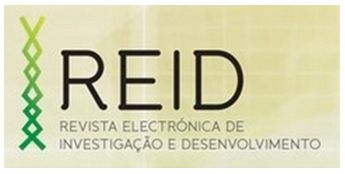Dominance of the Ruling Party and the Turmoil of the opposition in Mozambique
Elisabete Azevedo-Harman
DOI:
https://doi.org/10.70634/reid.v1i2.12Palavras-chave:
Renamo, Frelimo, MDM, Democracy, Political partiesResumo
Mozambique is one of the African countries which embraced democratisation in the 1990s. Following a civil war the two belligerent forces in the country embraced a multiparty system as part of the peace agreement signed in 1992. The political landscape has been dominated since 1994 by the two political parties (FRELIMO and RENAMO)which were enemies during 14 years of civil war. The current evaluation of democracy in Mozambique indicates that it fulfils the criteria of a hybrid regime (Diamond, 1999). The procedural rules of democracy exist and there is a relatively strong and free media. Within the theories of democracy some authors have expressed that in order to be a full democracy the country must have political rotation or at least for the fear of uncertainty to exist regarding the dominant party (Przeworski, 1991; Diamond, 1999), meaning that the rulers have fear of accountability to their electorate’ on the day of the polls. For now, it seems that this condition doesn’t exist. As long as democratisation is not successfully entrenched, party dominance alone is not culpable, the opposition holds a significant responsibility in this ongoing process. Division within the opposition and difficulty to adapt from a rebellion movement to a political party made the main opposition party increasingly fragile. In the last five years a new party was created and has been perceived as a promising opposition, but due to its novelty and within the context of dominance of the ruling party alongside hostility from the main opposition party, it would require time to build up as a credible threat to the ruling party. In the meantime, it therefore seems that the country will remain a multiparty regime with a dominant ruling party. Are the authors who defended the definition of democracy exist only once a country has been through a power transfer correct in their assertion or is this theory inadequate to some of the democratisation processes? A comprehensive reply to this question will require more comparative cases and to follow the evolution of the case itself. But for now it is important to recognise that if there is an incomplete democratisation then the ruling party is not solely liable - the opposition also needs to be held responsible for this dominance through its own counter-productive actions.

